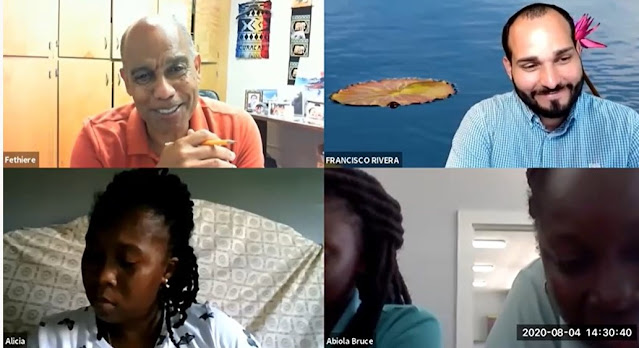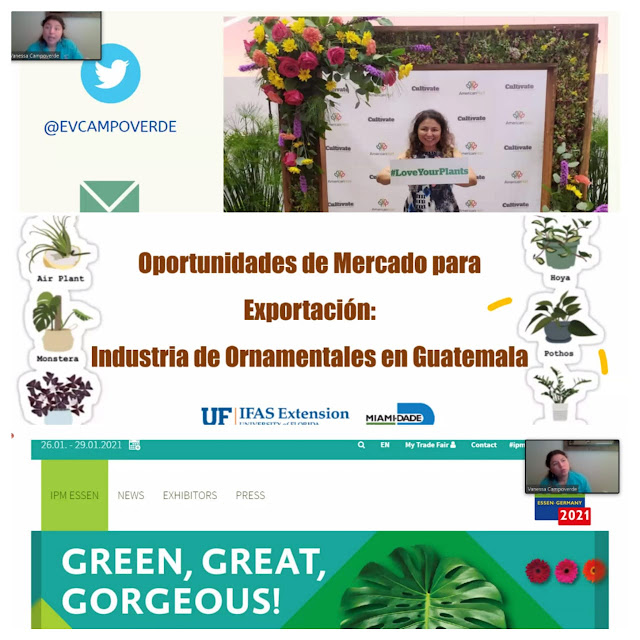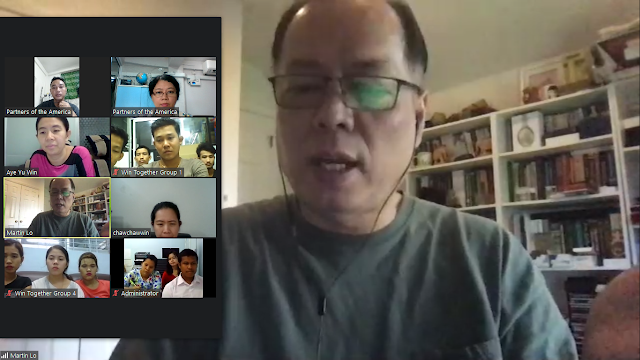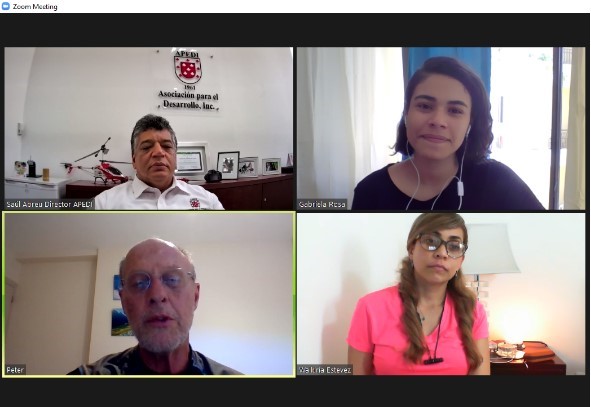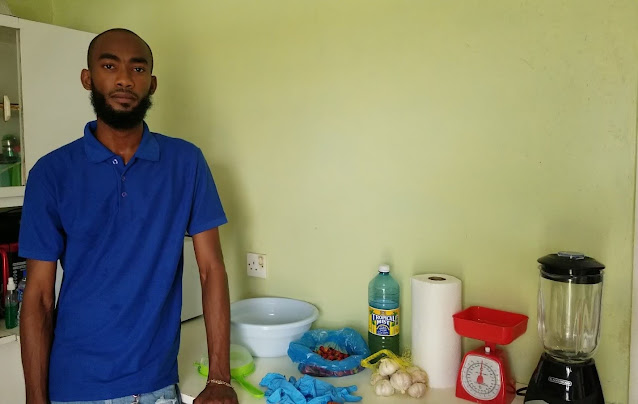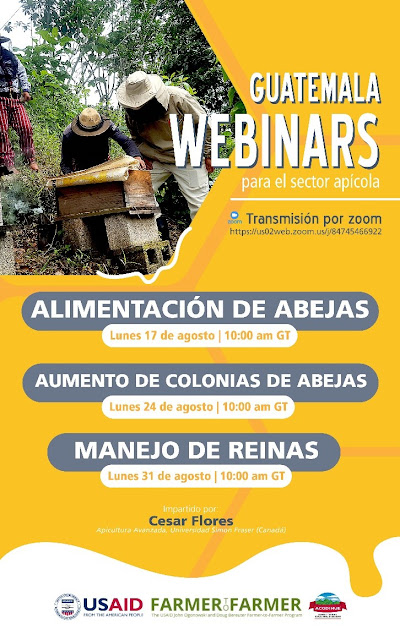Highlight on our Colombian Host ASOPROMIELES

Asopromieles is a non-profit association of panela (raw sugar cane) producers established in 2014, which covers approximately 150 hectares. They are made up of 34 sugarcane growers and panela producers and their families, but collect and sell the panela produced by more than 140 local sugar mills in the municipalities of Apulo, Jerusalén, La Mesa and Quipile, in Cundinamarca, Colombia. Their initial goal was to solve production problems such as lack of quality, product heterogeneity, unsatisfied demand and labor shortage through the construction of a homogenizing honey plant. This honey plant is now a reality and has been operating for more than a year in the municipality of Quipile. Now that they have the plant, Asopromieles is focusing on growing, transforming, and marketing organic honey and panela products in a sustainable way. Their main goal is to export 50% of their production and bring together 600 local families. In 2019 they started this process by taking Good Manufacturing
